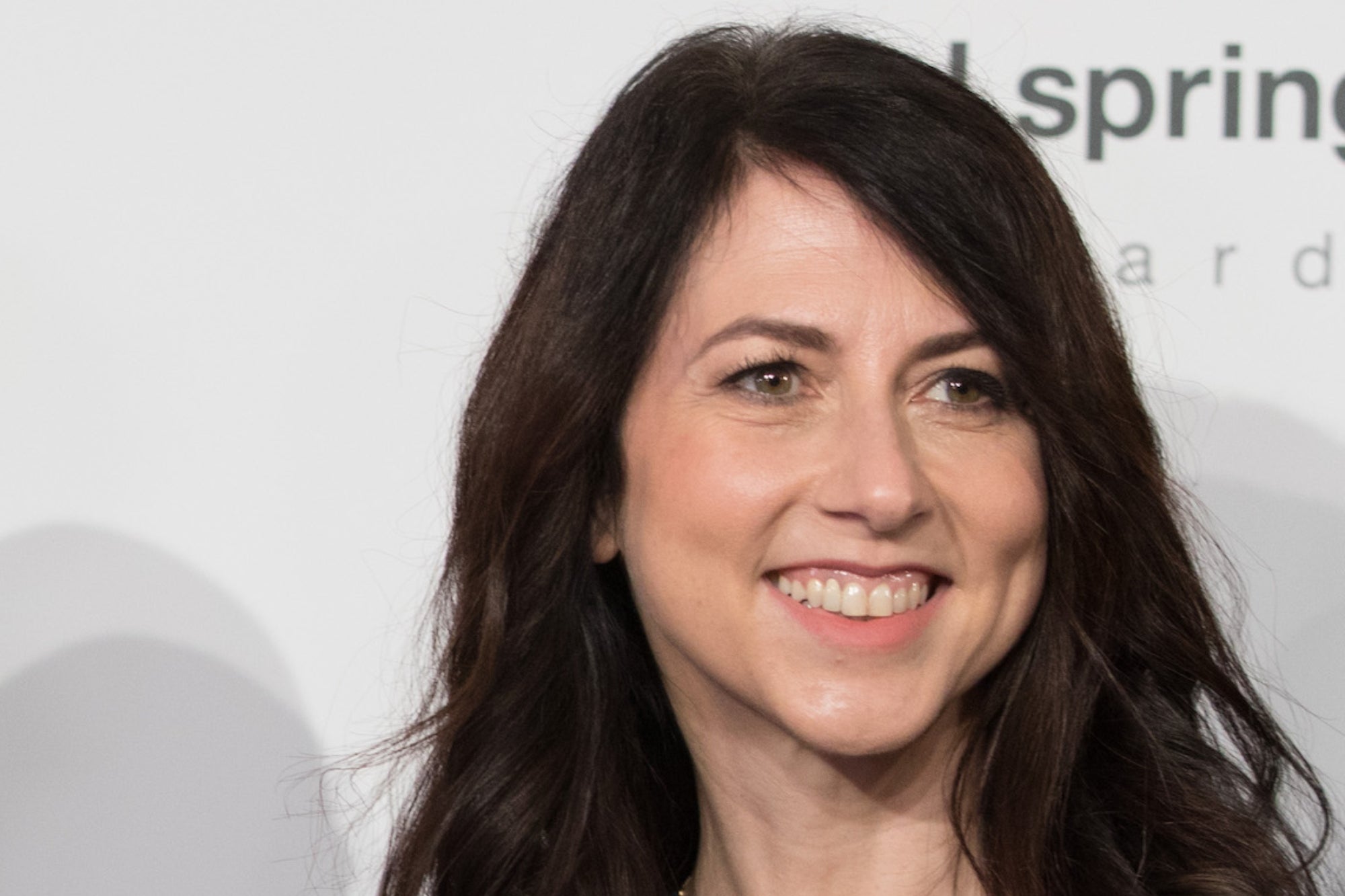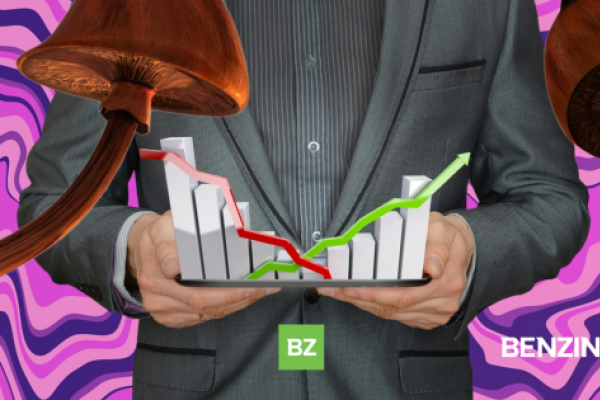How generative AI tools like ChatGPT can revolutionize web accessibility
Join senior executives in San Francisco on July 11-12 and learn how business leaders are getting ahead of the generative AI revolution. Find out more
Whether it's using desktop software to solve business problems or scrolling through your social media feed in the supermarket queue, online connectivity is ubiquitous. In less than two decades, Internet users have grown from just 0.4% of the world's population to 69% by 2022.
In the United States, 85% of Americans say they go online daily, while more than a third say they are online "almost constantly". Meanwhile, 90% of Americans say the internet is "essential or important to them", allowing them to stay informed, productive, connected and entertained.
However, for people with disabilities, accessing content online can often be a frustrating, complex, or even impossible experience.
Companies, government agencies, and website owners are legally and ethically responsible for making their platforms accessible to everyone. Fortunately, generative AI technologies, like OpenAI's ChatGPT and Google's Bard, can change the narrative and revolutionize our approach to web accessibility.
EventTransform 2023
Join us in San Francisco on July 11-12, where senior executives will discuss how they've integrated and optimized AI investments for success and avoided common pitfalls.
Register nowDespite efforts to improve web accessibility over the years, Internet accessibility is far from being available to everyone. WebAIM's 2022 Accessibility Report showed that only one in four websites met the basic accessibility standards of the Web Content Accessibility Guidelines (WCAG).
As a result, millions of users with disabilities face significant barriers when accessing online content.
The consequences of this lack of accessibility are significant. Inaccessible websites prevent people with disabilities from accessing vital information and services, participating in online activities, and connecting with others. This limits their opportunities and reinforces their social and economic marginalization.
Repercussions ripple through businesses, digital platforms and government agencies. Ronza Othman, an attorney for the Centers for Medicare and Medicaid Services in Baltimore, who is blind, was unable to navigate the agency's digital ecosystems after digital transformation failed to address accessibility standards. She expressed her frustration to Politico saying, “I am a lawyer. I have a master's degree in government and nonprofit management. I raised kids, but I can't eat a fucking sandwich alone in my agency."
In fact, web accessibility is a legal requirement.
WCAG provides a definitive framework for ensuring digital inclusiveness, while...

Join senior executives in San Francisco on July 11-12 and learn how business leaders are getting ahead of the generative AI revolution. Find out more
Whether it's using desktop software to solve business problems or scrolling through your social media feed in the supermarket queue, online connectivity is ubiquitous. In less than two decades, Internet users have grown from just 0.4% of the world's population to 69% by 2022.
In the United States, 85% of Americans say they go online daily, while more than a third say they are online "almost constantly". Meanwhile, 90% of Americans say the internet is "essential or important to them", allowing them to stay informed, productive, connected and entertained.
However, for people with disabilities, accessing content online can often be a frustrating, complex, or even impossible experience.
Companies, government agencies, and website owners are legally and ethically responsible for making their platforms accessible to everyone. Fortunately, generative AI technologies, like OpenAI's ChatGPT and Google's Bard, can change the narrative and revolutionize our approach to web accessibility.
EventTransform 2023
Join us in San Francisco on July 11-12, where senior executives will discuss how they've integrated and optimized AI investments for success and avoided common pitfalls.
Register nowDespite efforts to improve web accessibility over the years, Internet accessibility is far from being available to everyone. WebAIM's 2022 Accessibility Report showed that only one in four websites met the basic accessibility standards of the Web Content Accessibility Guidelines (WCAG).
As a result, millions of users with disabilities face significant barriers when accessing online content.
The consequences of this lack of accessibility are significant. Inaccessible websites prevent people with disabilities from accessing vital information and services, participating in online activities, and connecting with others. This limits their opportunities and reinforces their social and economic marginalization.
Repercussions ripple through businesses, digital platforms and government agencies. Ronza Othman, an attorney for the Centers for Medicare and Medicaid Services in Baltimore, who is blind, was unable to navigate the agency's digital ecosystems after digital transformation failed to address accessibility standards. She expressed her frustration to Politico saying, “I am a lawyer. I have a master's degree in government and nonprofit management. I raised kids, but I can't eat a fucking sandwich alone in my agency."
In fact, web accessibility is a legal requirement.
WCAG provides a definitive framework for ensuring digital inclusiveness, while...
What's Your Reaction?















![Three of ID's top PR executives quit ad firm Powerhouse [EXCLUSIVE]](https://variety.com/wp-content/uploads/2023/02/ID-PR-Logo.jpg?#)







